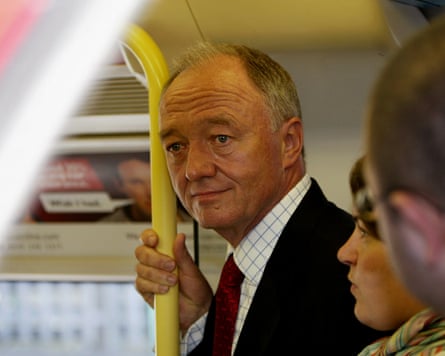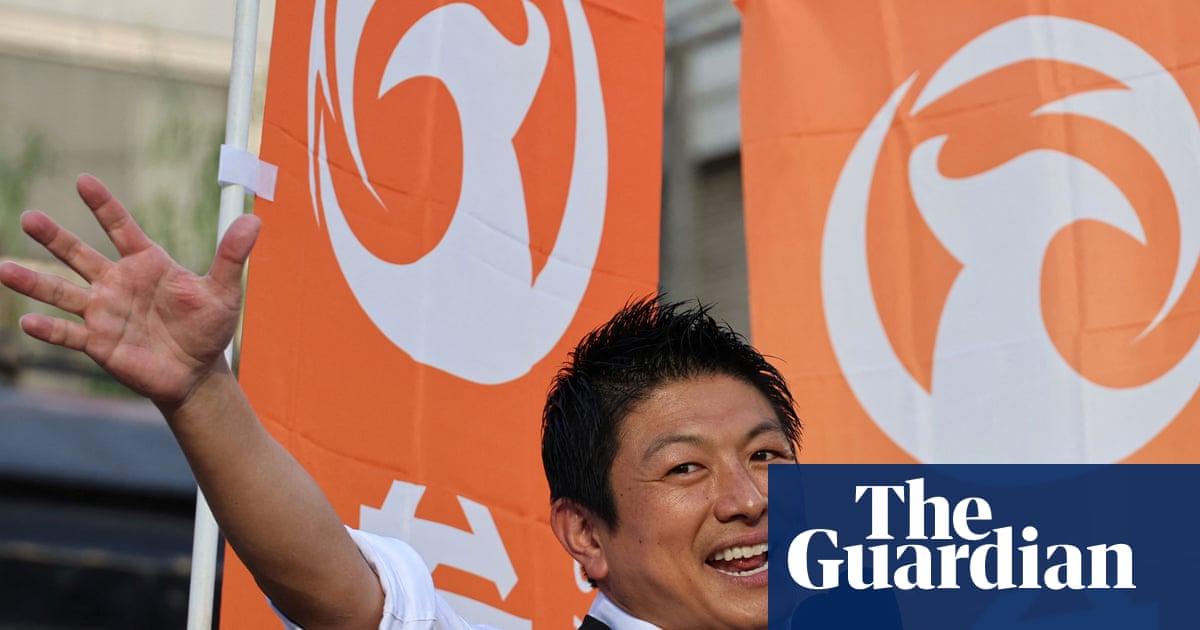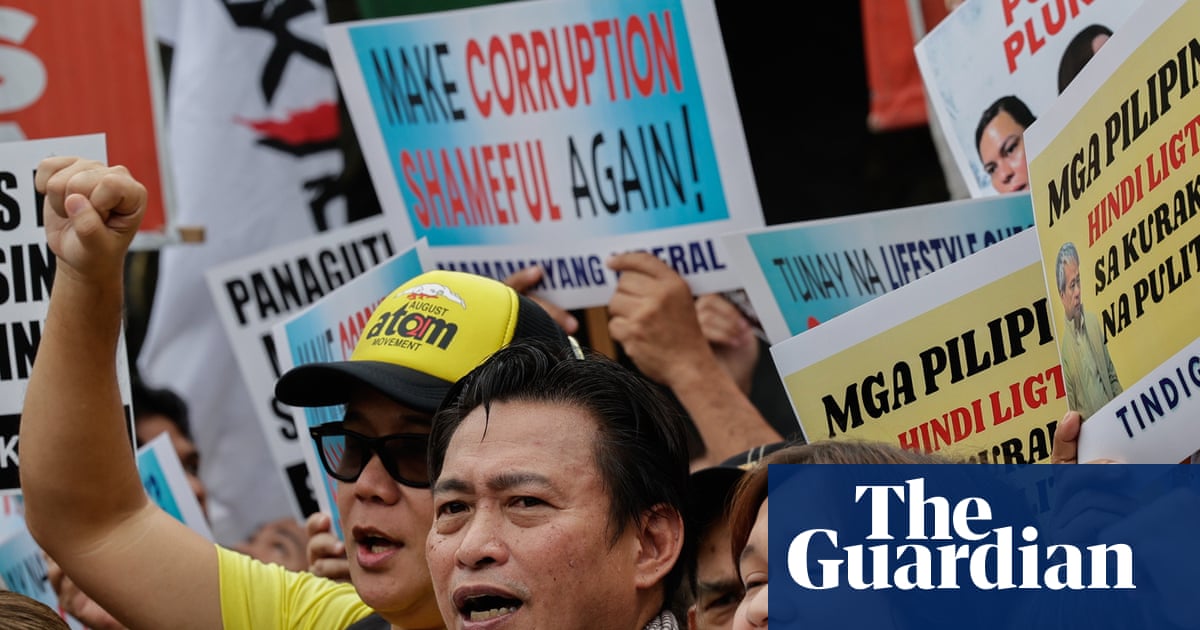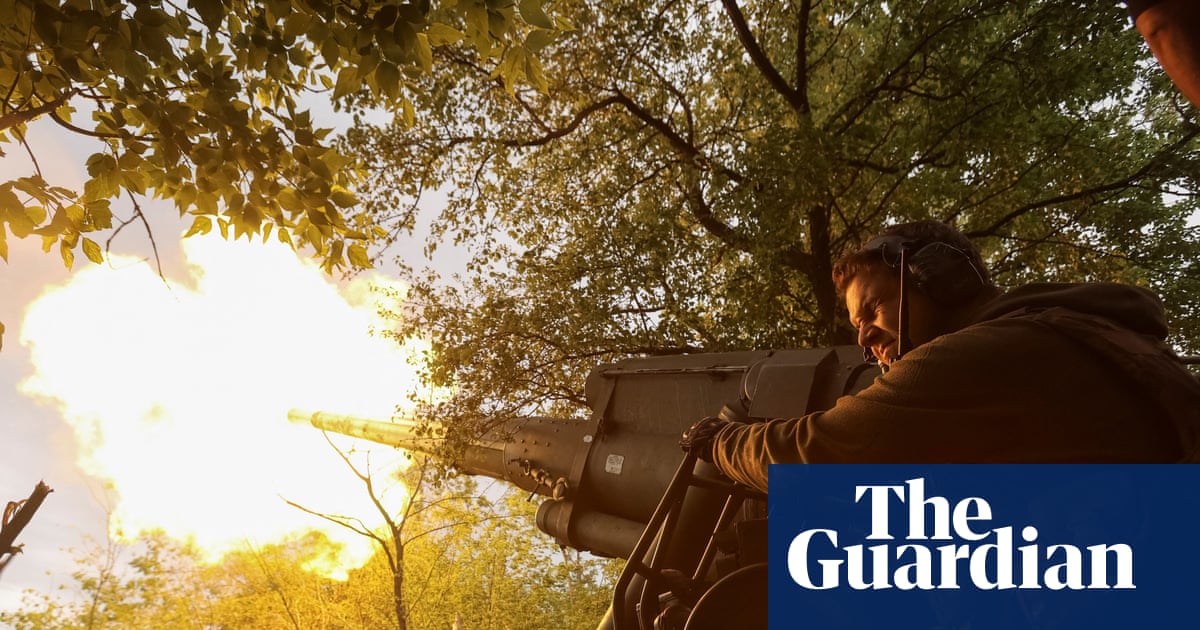Today, at 8.59am, the teeming mass coursing through King’s Cross station in London fell silent. It continued to move, because the world must turn, but the hubbub ceased. Moments earlier, a strangely quiet, sombre loudspeaker announcement marked the moment the 7/7 terrorist bombs exploded in that station and elsewhere in the capital in 2005, killing 52 people and injuring more than 770.
The capital moves on, but the capital remembers. I stood still for a minute underneath the glowing light of a digital clock. People offered knowing glances and nods as they passed to catch their trains. At the time of the bombings, I covered London and the London mayoralty for the Guardian. I remember being called by colleagues asking for information about what they had been told in the initial moments was a giant electrical failure on the London underground. I had been warned that week about the fears in official circles that some sort of terrorist attack was possible, if not likely. I rang a contact. “It’s not an electrical incident, is it?” “No,” they replied gravely, “it isn’t.”
Some things I have forgotten, but others stayed with me. The calm in those stations, even amid the horror, even when no one knew if there were more bombers, more devices. The relative calm on the streets. City dwellers are like dysfunctional families, and no less in Britain’s capital. They bicker over nonsense and trivialities, but pause all that when something serious occurs, when they need to find the ties that bind.
Thirteen people died when the youngest bomber detonated his device on a No 30 double-decker bus not far from King’s Cross, in Tavistock Square. All buses stopped that morning, but by the afternoon, they were running again and Londoners were boarding them.
One thing I remember acutely is the reaction of the then London mayor, Ken Livingstone. He was a controversial figure throughout his time in public life, first as a two-fingered salute to the Thatcher government during his leadership of the Greater London council and then as the lefty mayor that righties never liked, but, in the early years at least, could never quite dislike.
For a time, he was formidable. It didn’t last, and by the end of his time in politics, he had pretty well obliterated goodwill and overshadowed his political accomplishments with shocking, recurring comments referencing Hitler and disgraceful remarks rightly condemned as antisemitism. He resigned from the Labour party in 2018, having been suspended two years earlier over his comments, which were exacerbated by his denials of any antisemitism in the party. Livingstone apologised for any offence, and insisted his comments were not antisemitic. In 2023, it was announced that he had Alzheimer’s and has retired from public life.
When Livingstone was clever and sensible, I praised him. When he was stupid and offensive, I said that too. The Boris Johnson-supporting London Evening Standard, my former employer, once implied I was an uncritical Livingstone crony, pointing to an independent research project commissioned by City Hall I had worked on. But a multitude of my stories critical of Livingstone gave easy lie to that.
So this is not a blithe attempt to rehabilitate Livingstone. But 20 years ago, on the day of 7/7, as London mayor, he gave an example of political leadership in the face of trauma and despair. It was just what was needed at the time, but it also highlights the inadequacy of the community stewardship we too often accept as normal in our national politics, and the current primacy of an approach that actively creates division as its modus operandi, seeking incremental gains regardless of the collateral damage.

In a hastily called press conference, in a dark suit, in a steady voice, but with eyes slightly watering, Livingstone said: “I want to say one thing specifically to the world today. This was not a terrorist attack against the mighty and the powerful. It was not aimed at presidents or prime ministers. It was aimed at ordinary, working-class Londoners, black and white, Muslim and Christian, Hindu and Jew, young and old. It was an indiscriminate attempt to slaughter, irrespective of any considerations for age, for class, for religion, or whatever.”
That isn’t an ideology, he said: “It isn’t even a perverted faith – it is just an indiscriminate attempt at mass murder and we know what the objective is. They seek to divide Londoners. They seek to turn Londoners against each other. I said yesterday to the International Olympic Committee [London had just secured the 2012 Olympics] that the city of London is the greatest in the world, because everybody lives side by side in harmony. Londoners will not be divided by this cowardly attack. They will stand together in solidarity alongside those who have been injured and those who have been bereaved and that is why I’m proud to be the mayor of that city.”
Finally, he said: “I wish to speak directly to those who came to London today to take life. I know that you personally do not fear giving up your own life in order to take others – that is why you are so dangerous. But I know you fear that you may fail in your long-term objective to destroy our free society and I can show you why you will fail.
“In the days that follow look at our airports, look at our sea ports and look at our railway stations and, even after your cowardly attack, you will see that people from the rest of Britain, people from around the world will arrive in London to become Londoners and to fulfil their dreams and achieve their potential. They choose to come to London, as so many have come before, because they come to be free, they come to live the life they choose, they come to be able to be themselves. They flee you because you tell them how they should live. They don’t want that and nothing you do, however many of us you kill, will stop that flight to our city where freedom is strong and where people can live in harmony with one another. Whatever you do, however many you kill, you will fail.”
It is hard to reconcile how pitch-perfect that was with his later, awful treatment of one of London’s cherished communities. But on that day, he took an approach that absolutely chimed with me and many others. It said, we are London, we are diverse, we are fiercely unapologetic about who we are and how we live. You, the attackers, don’t like it – and, by the way, we don’t really care; we reject you. London salutes its dead and wounded. London moves on.
And it’s not just London: up and down the country, there are, for all the challenges and difficulties of doing so, communities seeking to live that way, preyed upon by extremists who, for their own ends – be they political, social, ideological or criminal – seek to achieve exactly the opposite. Twenty years on, reject them too.
-
Hugh Muir is a Guardian columnist
-
Do you have an opinion on the issues raised in this article? If you would like to submit a response of up to 300 words by email to be considered for publication in our letters section, please click here.

 2 months ago
106
2 months ago
106

















































